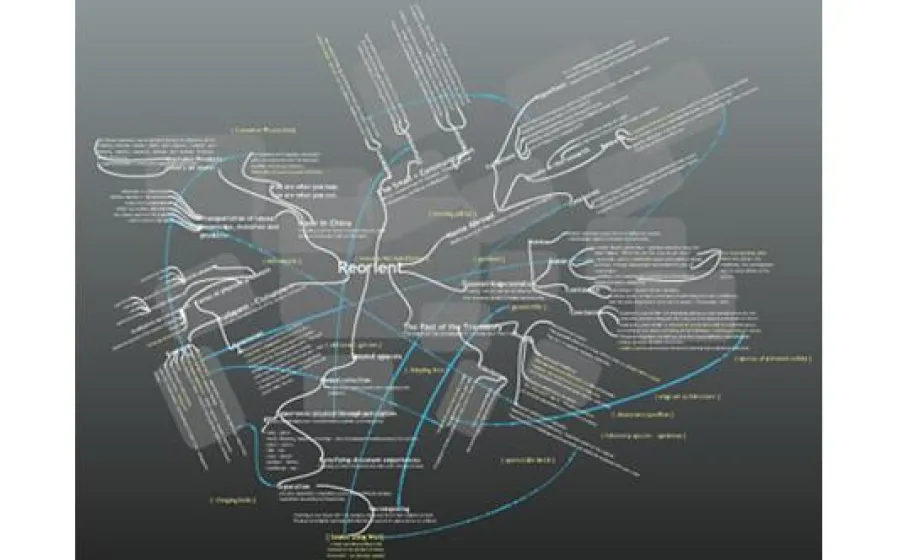CIUDAD DES-VELADA
The open source city
Date
18
23 April 2013
Venue
Casa del Lector
Price
50€
Institution
Casa del Lector
La ciudad contemporánea es un archivo complejo de conocimiento que puede desvelarse por capas de datos. Sobre los planos urbanos convencionales del soporte físico, pueden plasmarse estratos de información inicialmente oculta, que modificarán la percepción de la ciudad abriendo al mismo tiempo la posibilidad de intervenir en ella.
This dynamic course, taught by architects Paula Montoya and José Ballesteros, consists of identifying certain phenomena and urban relationships emerging from a new take on the city. Using programming and graphic tools, these factors will be described and mapped in order to visualize certain never-before-seen information- markedly dynamic information that we can map over its changing stages. Operational references: http://senseable.mit.edu/ www.spacesyntax.com/ www. geotaggers.com www.citymined.org www.constantvzw.com www.encuentros-cartograficos.net/logbook The workshop will delve into the following questions: How can we represent changing territorial information? How can maps condition our perception of territory? How can different maps become interconnected? What attributes must a digital tool have to create collective cartography? Objective. Urban cartography creation A collection of interlinked dynamic maps will be made, with each one exploring an unprecedented topic inserted according to certain conditions in the contours of the final cartography. The maps will be made collectively. This requires, necessarily, instructing a community of trackers who will undertake an initial field work and then go on to create collaborative maps. The project will be created using an operatiional nework for urban data collection and processing. Operational keys: - Data collection using existing cartography - Elementary data collection through field work - Use of Open Street Map and its databases - Data addition and tag management - Creation of geometrical bases in grasshopper (rhinoceros) using select data - Basic use of processing as analytical and visualization tool for public space. Instructors: José Ballesteros and Paula Montoya
Inscripciones aquí.
This dynamic course, taught by architects Paula Montoya and José Ballesteros, consists of identifying certain phenomena and urban relationships emerging from a new take on the city. Using programming and graphic tools, these factors will be described and mapped in order to visualize certain never-before-seen information- markedly dynamic information that we can map over its changing stages. Operational references: http://senseable.mit.edu/ www.spacesyntax.com/ www. geotaggers.com www.citymined.org www.constantvzw.com www.encuentros-cartograficos.net/logbook The workshop will delve into the following questions: How can we represent changing territorial information? How can maps condition our perception of territory? How can different maps become interconnected? What attributes must a digital tool have to create collective cartography? Objective. Urban cartography creation A collection of interlinked dynamic maps will be made, with each one exploring an unprecedented topic inserted according to certain conditions in the contours of the final cartography. The maps will be made collectively. This requires, necessarily, instructing a community of trackers who will undertake an initial field work and then go on to create collaborative maps. The project will be created using an operatiional nework for urban data collection and processing. Operational keys: - Data collection using existing cartography - Elementary data collection through field work - Use of Open Street Map and its databases - Data addition and tag management - Creation of geometrical bases in grasshopper (rhinoceros) using select data - Basic use of processing as analytical and visualization tool for public space. Instructors: José Ballesteros and Paula Montoya
Inscripciones aquí.
Artistic team and specifications
- Nº Máximo Participantes
- 40
- Destinatarios
- cualquier persona interesada

